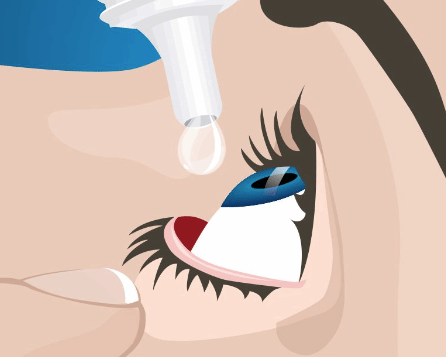Tetracaine, an amino-ester class local anesthetic, has been utilized for various purposes since the early 1930s. Its primary use today is as a topical ophthalmic anesthetic for short procedures on the eye, ears, and nose, as well as for spinal anesthesia. The World Health Organization (WHO) considers tetracaine an essential medication due to its cost-effectiveness compared to other local anesthetic agents.
It acts as an ester-type anesthetic by blocking sodium ion channels involved in neuronal impulses. Tetracaine is rapidly hydrolyzed in the plasma, making it challenging to determine its volume of distribution.
Tetracaine eye drops

Tetracaine eye drops are used to numb the eye before surgery, tests, or procedures to prevent pain. Belonging to the group of local anesthetics, tetracaine works by blocking pain signals at nerve endings in the eye. While these drops may cause temporary stinging, burning, or redness, the side effects are short-lived.
Note
After using tetracaine eye drops, avoid touching or rubbing your eyes to prevent accidental injury while the numbing effects persist. If multiple doses are administered, consult your provider for guidance on when it is safe to touch your eyes post-procedure. Additionally, ensure that the medication bottle's tip does not come into contact with your eye or any other surface to prevent the spread of germs.




